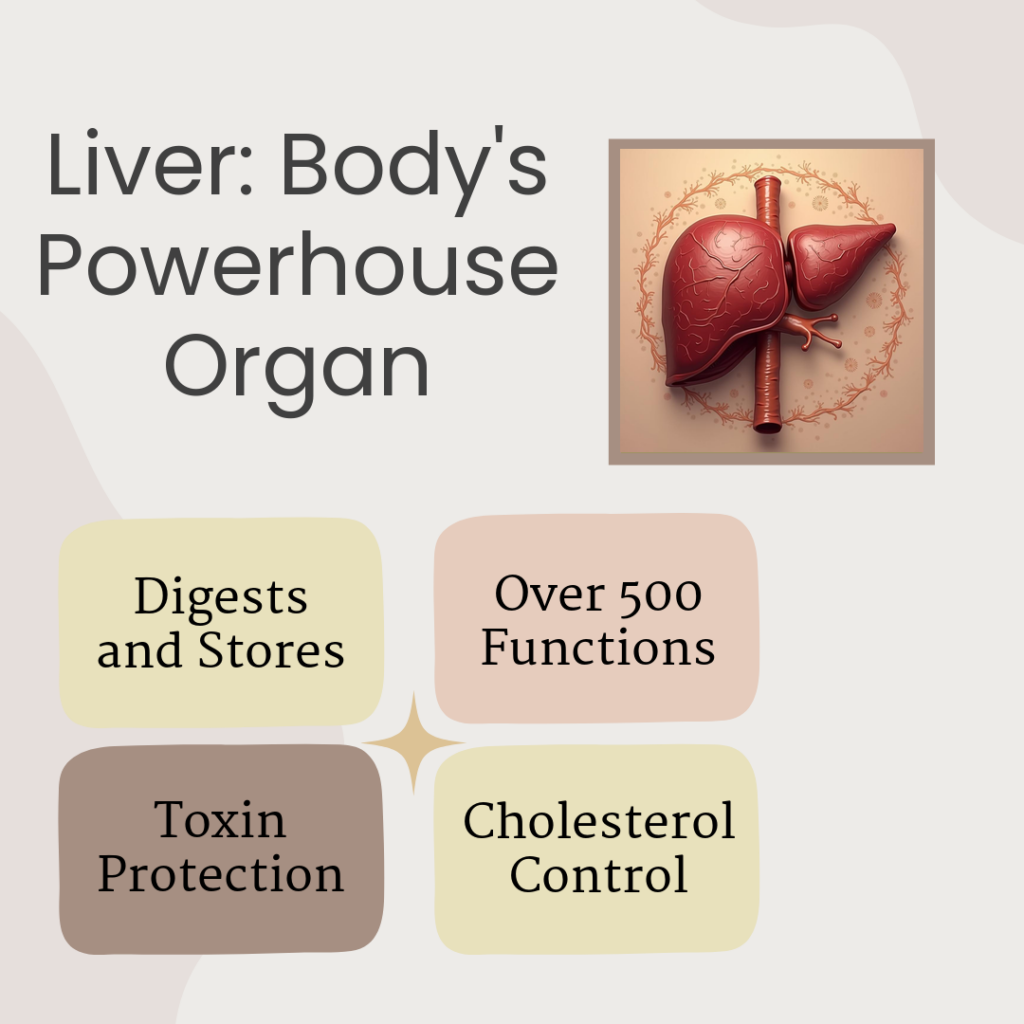Liver function tests are essential assessments that provide a glimpse into how well your liver is operating. In this comprehensive guide, we’ll explore what these tests are, why they’re vital, and how to understand their results. Whether you’re familiar with the topic or new to it, this overview aims to offer valuable insights while using simple explanations. Our liver is a critical organ that performs numerous functions crucial for our health.
Introduction to Liver Function and Health
Our liver is like the control hub of our body. It helps the body digest food, store energy, and get rid of toxins. This organ does over 500 jobs, including controlling cholesterol and turning harmful things into harmless ones. Keeping the liver healthy is crucial for overall wellness.
Liver issues can lead to serious health concerns, like fatigue or yellow skin. If it’s not working well, those effects can be very uncomfortable and concerning. Regular check-ups and a good lifestyle are truly key to liver care because a healthy liver keeps your body functioning well.
This guide will assist you in understanding liver function tests much better. You’ll learn what these tests reveal about liver health and how to interpret the results. Understanding these tests may empower people to make happier, healthier choices for their livers.
Understanding Liver Function Tests (LFTs)
Liver Function Tests, often known as LFTs, are important blood tests. They use these to check your liver’s health and how well it’s working. LFTs examine different proteins and enzymes found in the blood.
Doctors can spot early signs of liver issues, like hepatitis, through LFTs. Elevated enzymes such as ALT and AST can suggest liver damage. Finding these markers early can prevent serious problems later on.
Regularly assessing liver function is crucial, especially for those at higher risk. People with a history of heavy drinking or hepatitis should be particularly attentive. Consistent check-ups ensure early detection of any irregularities.
Breakdown of Common Liver Function Tests and Their Significance
Liver tests help doctors check how your liver is working.
Enzyme levels in your liver give clues about its condition. ALT and AST levels increase if there’s liver damage or inflammation. ALP is high when there might be bile duct issues. GGT can tell if there’s liver disease when other tests are high.
- ALT: This indicates liver cell injury when its levels rise.
- AST: Elevated AST might mean liver damage or heart problems.
- ALP: Raised ALP often points to a blocked bile duct.
- GGT: Used commonly for confirming liver and bile issues.
A liver panel also checks protein and bilirubin levels for more clues. Bilirubin forms when red blood cells break down, then the liver processes it. If bilirubin is too high, yellowing of the skin could occur. Albumin, a big protein made by the liver, keeps things balanced in your blood. Low albumin can hint that the liver’s struggling.
Tests like LDH and mitochondrial antibodies provide extra details. While LDH isn’t just about the liver, high levels could point to disease there among others. Mitochondrial antibodies help identify autoimmune diseases attacking the liver. Each test paints part of the whole picture of what’s happening inside.
Conducting and Interpreting Liver Function Blood Tests
Before getting a liver function test done, you might need to skip meals. It’s crucial to follow any specific instructions your doctor provides.
During the procedure, they will draw blood from a vein, usually in your arm. You might get your results after a few days, so stay patient.
Reading the test results yourself can be tricky, but don’t panic! If your numbers are within the normal ranges, your liver is likely healthy. When they aren’t, it could signal some issues that need checking.
Always consult your doctor for proper explanations and recommendations following your test results.
If something seems off in your results, you might need further tests or lifestyle tips. High alkaline phosphatase levels can lead to more checks, so it’s key to talk with your healthcare provider instead of diagnosing on your own. Always rely on their expertise to understand your health better.
Lifestyle Impact on Liver Function and Test Results
Eating healthy helps your liver work better and stay strong. Include lots of fruits and grains in your daily meal plan. Please try to avoid sugar-rich or oily foods as much as you can.
Alcohol impacts liver health more than anything else you consume. Drinking too much can slowly hurt your liver over time. It’s crucial to drink within safe limits to protect your liver from damage.
Exercising regularly is great for keeping your liver in top shape. Easy activities like walking or practicing yoga can do wonders. People in India can use yoga and meditation to keep stress at bay.
Reducing stress helps the liver function properly without interference. Take up relaxing hobbies and spend time with friends often.
Achieving normal test results means taking good care of your liver. Regular health checkups can catch any issues early on, which helps. Keep yourself hydrated and only take medicines when prescribed by a doctor. These lifestyle changes guard your liver and support its function.
Remember, regular liver function tests are key to maintaining a sound liver. Monitoring your liver readings helps you track progress towards healthy levels and values.



